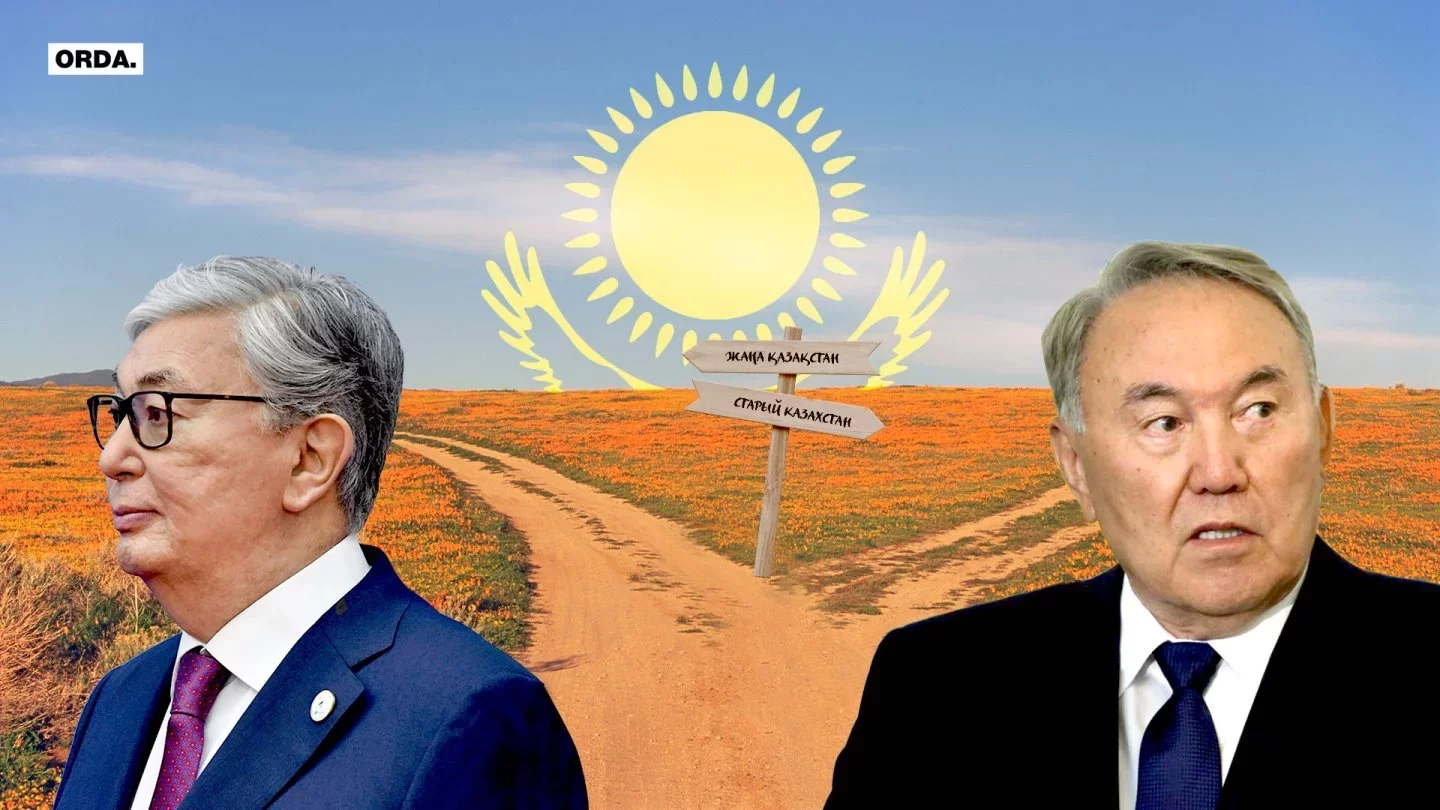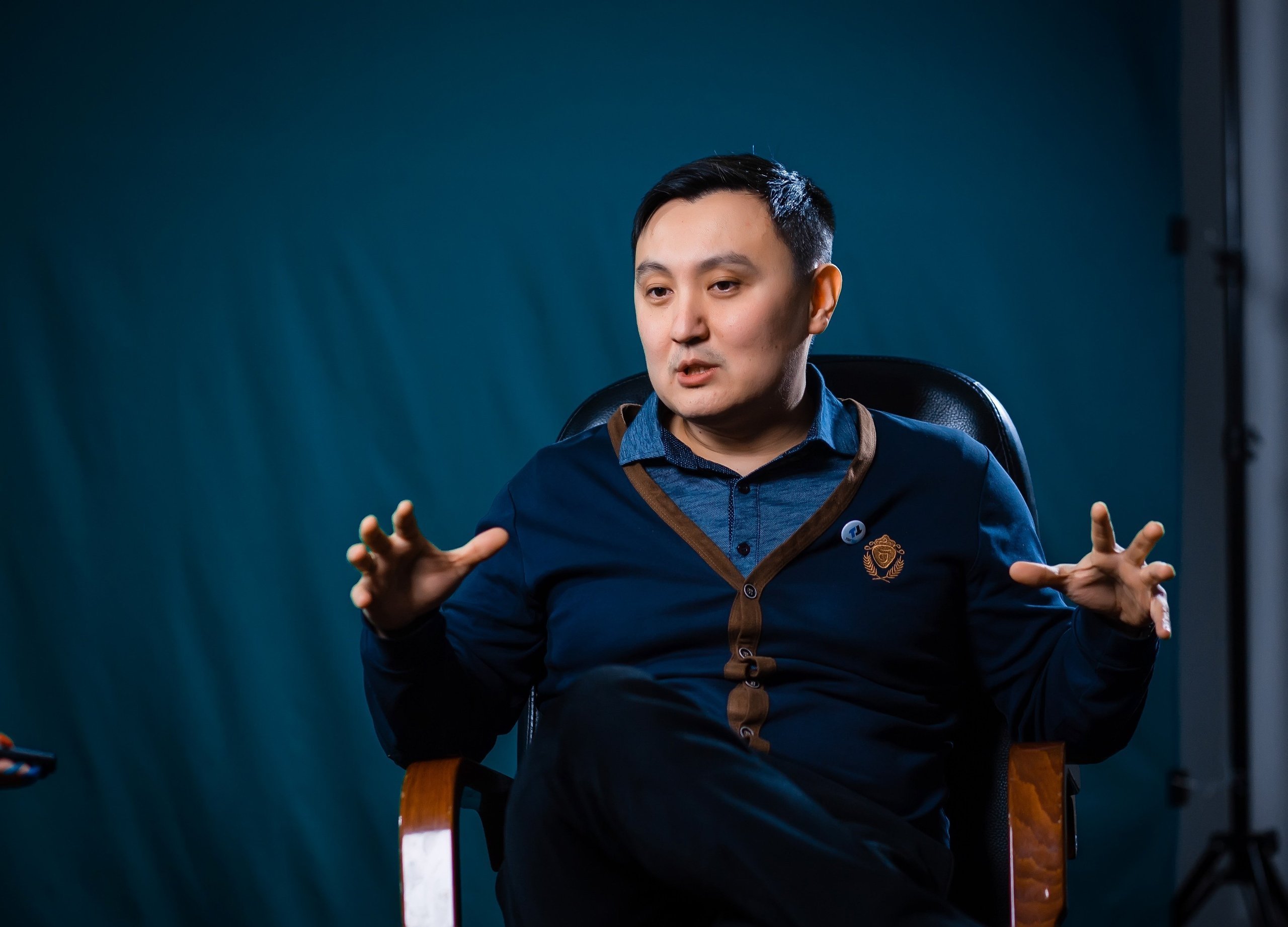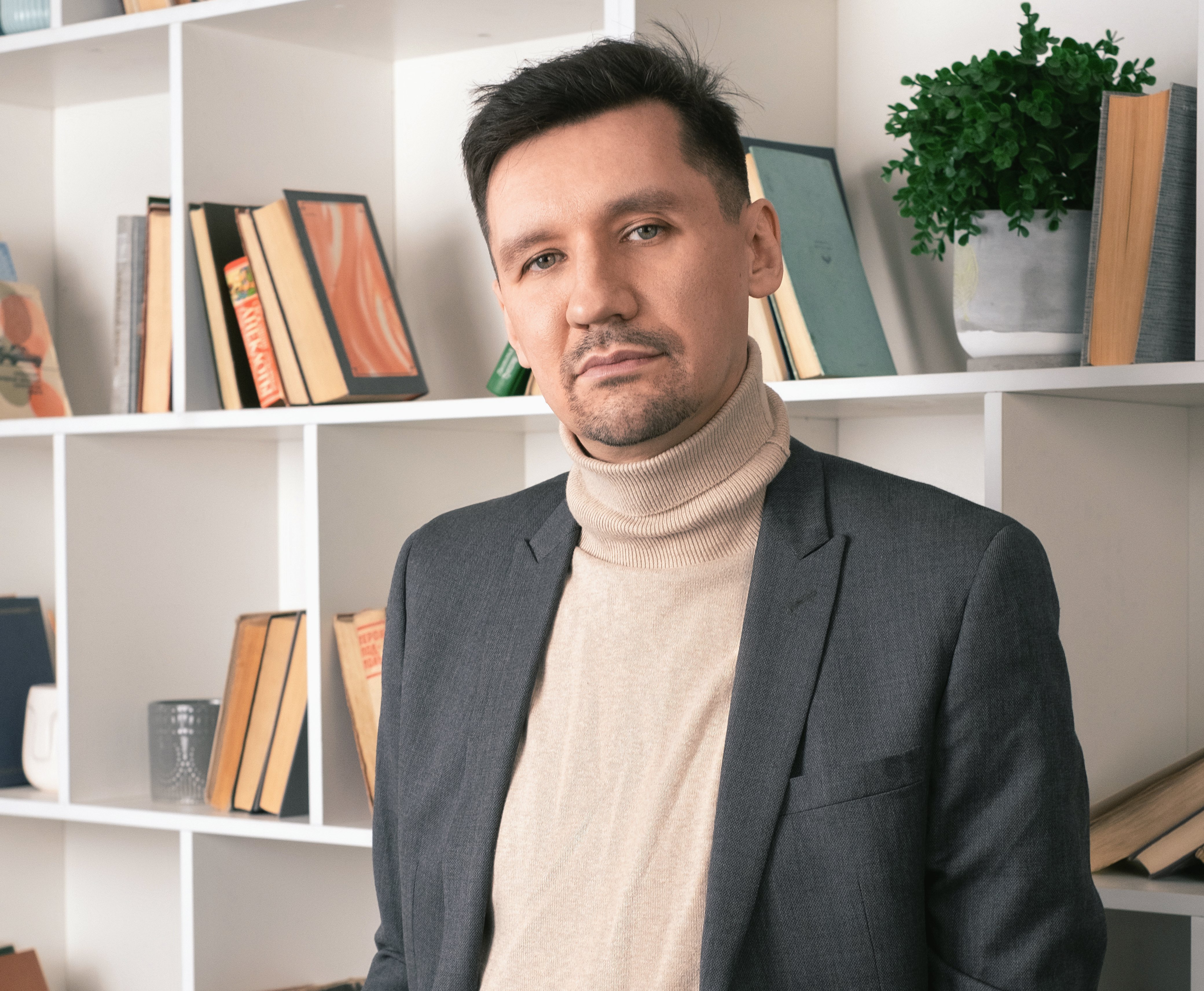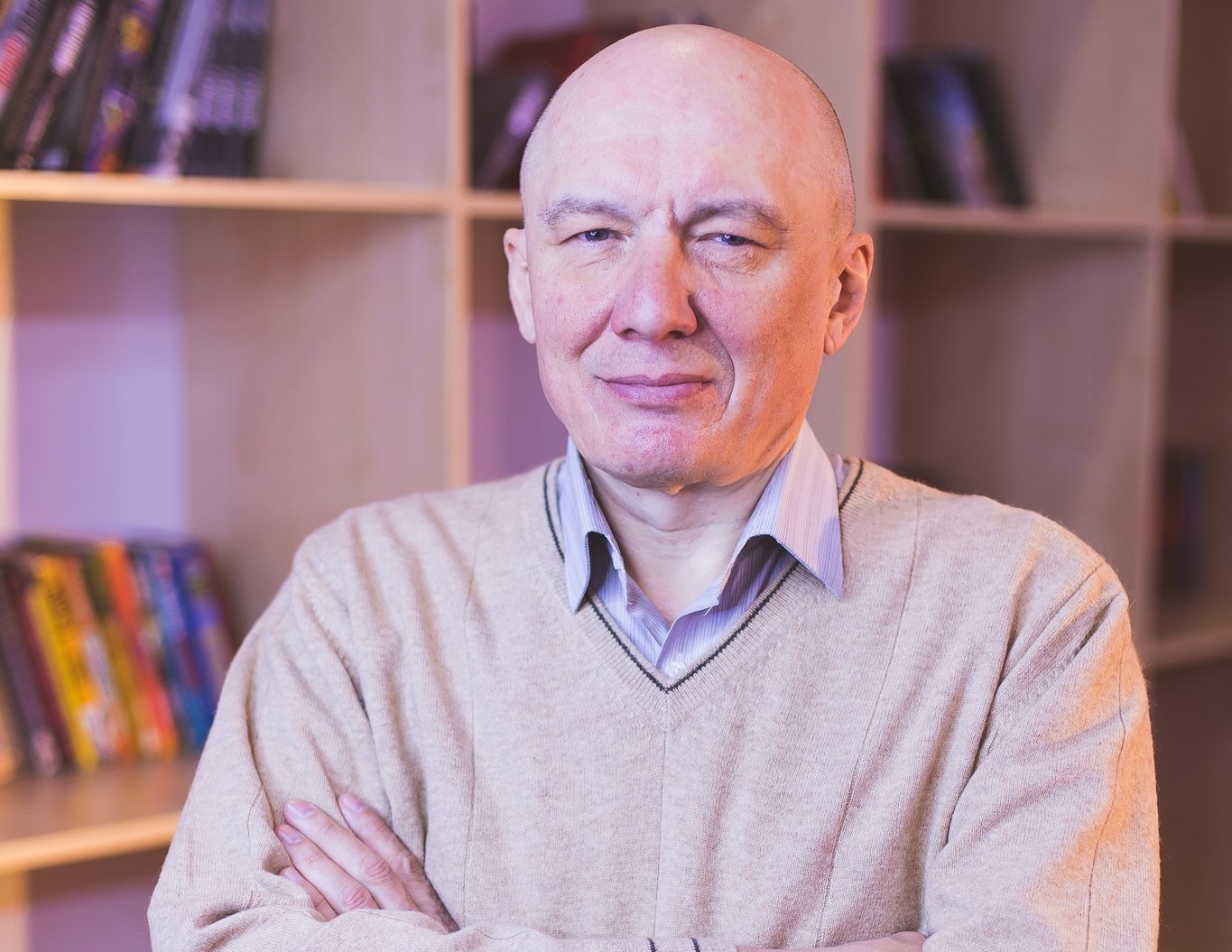Five Years Gone by: What Has Changed After Power Transit in Kazakhstan?
 Orda
Orda
Five years have passed since March 19, 2019. On this day, Nursultan Nazarbayev officially stepped down as the president of Kazakhstan. Unannounced, he resigned and handed the reigns over to Qasym-Jomart Toqayev. He still retained several important positions but would lose them later on. Orda.kz has spoken with experts about changes in Kazakhstan's society after the transition.
Gaziz Abishyev — Four Points of Change
Political scientist Gaziz Abishyev dedicated a post on his telegram channel to the fifth anniversary of the transit of power. He notes that somethings have both changed and remained the same. He has divided the changes into four specific points.
Firstly, the presence of an experienced diplomat at the helm of the state has become a great advantage for Kazakhstan in the current geopolitical conditions. The global confrontation between the collective West and the Eastern Bloc along with the silent approval of the Global South could not but affect Central Asia. Everything is important here: surgical formulation of the foreign policy position, high-level negotiations and personal relations with the leaders of other states, careful balancing of interests,Abishyev writes.
In his opinion, Kazakhstan was already flexible, and Toqayev capitalized on this.

The second point that Abishyev draws attention to is the reform of the political system.
The work is being carried out carefully: deliberative institutions are developing, designed to revive a civilized political discussion, parliamentary multiparty system has been restored. Direct elections of deputies of the Majilis, Maslikhats, Akims of various levels have been introduced,
the political scientist writes.
According to Abishyev, the state has begun to listen to expert opinion more. The family-clan oligarchic elites of the past era are gradually being counterbalanced by new political and bureaucratic state elites.
Point three: Abishyev sees the economy in Kazakhstan as industrializing:
President Toqayev is obviously critical of the attempts of "cavalry attacks", demands from his advisers and assistants a clear, meaningful and feasible economic program.
According to the expert, state interests are now at the forefront, not oligarchic ones.
Fourthly, a course has been proclaimed to strive for reasonable social justice. That is, not socialist equalization, but not predatory capitalism either, writes Abishyev.
The political scientist mentioned the program "National Fund for Children" as an example. Thanks to it, in his opinion, Kazakhstanis have received direct access to oil revenues.
The ideological component here is more financial: the people own the wealth of the subsoil, receive a part of their sales, make sure that the national wealth is used correctly. In the long term, the project should invest in the growth of adequate civic awareness, Abishyev believes.
Valery Volodin — Problems Unsolved to This Day
Political scientist Valery Volodin is much less optimistic about the changes that have taken place over these five years. In his opinion, little has changed since the transfer of power.
All the problems left over from Nazarbayev's rule have not been solved to this day. There has been no economic growth. Tenge is declining, citizens are getting poorer and surviving in conditions of credit bondage, the rich are getting richer. And Kazakhstan still maintains a direct focus on the sale of oil and gas. There was no transit of power as such either. Officials from all of Nazarbayev's periods are very much present and retain their posts under Toqayev, Volodin believes.
The expert points out that no full-fledged opposition parties have appeared in Kazakhstan, while activists continue to face constant pressure.

Yes, the National Fund for Children program is around. But this is a lot of money that can be used to patch holes in the budget again, clumsily hiding the poor work of financial institutions and the excellent work of plunderers of public funds, the political scientist says.
According to Valery Volodin, this program does not help Kazakhstanis who want better living conditions.
Remember that Toqayev's election platform was called 'Fair Kazakhstan — for Each and Everyone. Now and Forever.' And just ask yourself the question: do you feel that you live in a truly just state? This will be the main answer to the question of whether anything has changed,says Volodin.
Viktor Kovtunovsky — Russia Will Not Allow Changes
Viktor Kovtunovsky illustrates a very pessimistic outlook.
In my opinion, little has changed. The last name of the president is different. But the foundations of power, as they were under Nazarbayev, continue to be preserved to this day. I think they need to be dismantled. Dismantle the president's omnipotence. It is necessary to create full-fledged state institutions, such as parliament and an independent court. Yet, I doubt that the current president has the desire to truly modernize Kazakhstan,Kovtunovsky told Orda.kz.

The expert is also skeptical about the multiparty parliament and the Constitutional Court, which are regularly presented as achievements of the post-Nazarbayev era.
Formally, our parliament was multiparty even under Nazarbayev. And the fact that some new parties have appeared there does not mean anything. Parliament itself is not an independent institution. It is dependent on the president. As for the Constitutional Court: Do we see any examples when it defended the rights of citizens? Once again, nothing has changed. Political prisoners have been in prison and are still in prison. No one has been rehabilitated from Nazarbayev's political repressions. There are no investigations into political assassinations either, Kovtunovsky says.
According to the expert, there are currently no prerequisites for political changes in Kazakhstan. Even if there was a desire for change in society, people would not be able to do anything. Viktor Kovtunovsky calls the imperial policy of Russia the main reason for this.
As long as there is an authoritarian imperial Russia, it will not allow either Kazakhstan or Belarus to modernize. In Belarus, the attempt to do away with the dictatorship ended with increased repression. Ukraine's attempt to go its own way resulted in a bloody war, he says.
According to Kovtunovsky, as long as the current regime exists in Russia, there is no reason to expect changes in Kazakhstan.
Original Author: Igor Ulitin
DISCLAIMER: This is a translated piece. The text has been modified, the content is the same. Please refer to the original piece in Russian for accuracy. The original article was posted on 19/03/24.
Latest news
- Oil Smuggling Trial Begins in Aqtau Over Seized Tanker
- Armenian Foreign Ministry Open to Outsourcing Transport Corridor Oversight
- A Second Kazakhstan-Born Individual Convicted of Treason in Russia This Month
- National Fund Council: Toqayev Receives Tie-Breaking Vote Power
- Kazakhstani Caught With Fake Passport in Bulgaria Fears Extradition
- Rubio and Lavrov Hold Talks at ASEAN Summit Amid Escalation in Ukraine
- Asset Recovery: Price on De Beers Earrings Cut by 23 Million Tenge
- Pashinyan and Aliyev Discuss Normalization Efforts in Abu Dhabi
- What Will Be Considered Stalking? The Ministry of Justice Explains
- Kazakhstan Prepared to Build Karachaganak Gas Plant With Alternative Contractor if Needed
- Former Russian Orthodox Priest Launches Petition for Constantinople Church Presence in Kazakhstan
- Asset Recovery and Management Company Launches New Auction for Land in Nazarbayev’s Hometown
- Olzhas Bektenov Discusses Digital Innovation and Travel Safety with Yandex Qazaqstan
- Man Detained over Attempted Arson at House of Ministries Entrance
- Producer Says Zemfira Concert Canceled Due to Poor Planning
- Kazakhstan's Energy Minister Comments on Russia–China Gas Pipeline via Kazakhstan
- UN Working Group Says Gulnara Karimova Was Arbitrarily Detained, Uzbekistan Responds
- Perizat Kairat Claims Abuse in Detention
- U.S. Senate Considers Julie Stufft for Ambassador to Kazakhstan
- Leviathan vs. Orda: Gulnara Bazhkenova Speaks Out on Efforts to Seize Her Media and Threats to Her Life

